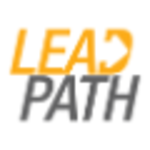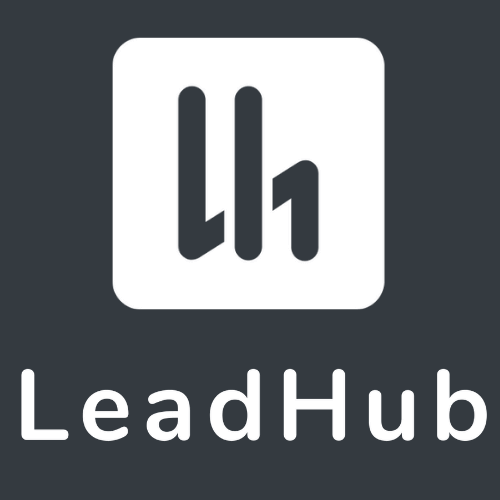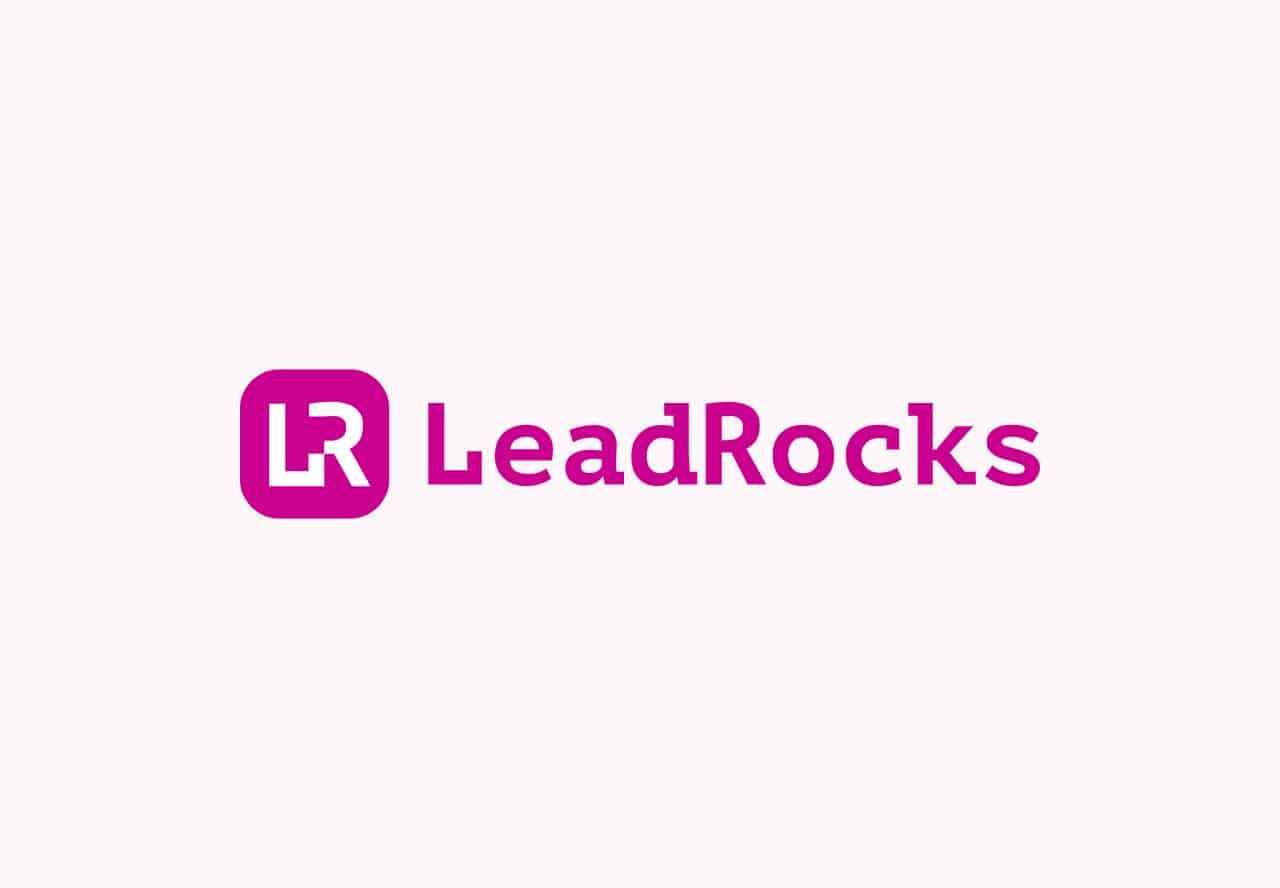Description

EQMS

LeadPath
Comprehensive Overview: EQMS vs LeadPath
EQMS (Enterprise Quality Management Software)
a) Primary Functions and Target Markets:
Primary Functions:
- Document Control: Centralizes documentation and ensures that only the latest versions are accessible.
- Compliance Management: Helps organizations stay conformant with regulations and standards such as ISO, FDA, etc.
- Audit Management: Facilitates the planning, scheduling, and execution of audits.
- Corrective and Preventive Actions (CAPA): Manages non-conformances and tracks corrective actions.
- Supplier Quality Management: Monitors and assesses supplier performance and compliance.
- Risk Management: Identifies, analyzes, and mitigates risks across the organization.
Target Markets:
- Manufacturing: Ensures product quality and compliance across the production line.
- Life Sciences: Manages compliance with high regulatory standards, such as those set by FDA or EMA.
- Automotive: Ensures compliance with industry standards such as IATF 16949.
- Food & Beverage: Helps comply with regulations such as FSMA and HACCP.
- Aerospace & Defense: Manages complex supply chains and strict compliance requirements.
b) Market Share and User Base:
EQMS is widely adopted across industries that must adhere to strict quality and compliance standards. Large organizations with complex quality management needs primarily use it. Market awareness is strong in sectors like manufacturing and life sciences, where regulatory compliance is paramount. While exact market share figures can vary, EQMS systems are a popular choice in industries requiring extensive documentation, audit trails, and risk management capabilities.
c) Key Differentiating Factors:
- Integration Capabilities: EQMS often boasts robust integration with ERP systems, which can be crucial for seamless operations across various business functions.
- Customization: Highly customizable to meet the specific needs of various industries, allowing tailored workflows and processes.
- Comprehensive Regulatory Support: Extensive focus on helping organizations comply with global regulations and standards.
- Scalability: Designed to scale from small organizations to large enterprises with complex multi-national operations.
LeadPath
a) Primary Functions and Target Markets:
Primary Functions:
- Lead Capture Automation: Automatically captures leads from various sources like web forms, emails, and social media.
- Lead Management: Centralizes lead data and streamlines the process of nurturing leads through the sales funnel.
- Lead Scoring and Segmentation: Analyzes and prioritizes leads based on engagement and likelihood to convert.
- CRM Integration: Syncs seamlessly with customer relationship management systems for streamlined sales processes.
- Analytics and Reporting: Provides insights into lead performance and sales team effectiveness.
Target Markets:
- SMEs to Large Enterprises: Used across both small to medium-sized enterprises and larger companies seeking to optimize lead generation and conversion.
- Marketing Agencies: Assists agencies in managing multiple client accounts and campaigns.
- SaaS Companies: Focuses on managing leads in the tech industry with quick sales cycles.
b) Market Share and User Base:
LeadPath is popular among marketing teams and sales organizations looking to enhance lead generation and improve conversion rates. Given the rise in digital marketing, its adoption is notable among tech-savvy businesses seeking to streamline their sales pipeline. While not occupying the segment of the market with traditional CRM giants, it has carved a niche within organizations keen on aggressively expanding their lead acquisition and conversion capabilities.
c) Key Differentiating Factors:
- Ease of Use: Known for its user-friendly interface, making it accessible for organizations without extensive technical expertise.
- Focus on Lead Automation: Specific emphasis on automating the lead capture and nurturing processes.
- Integration Flexibility: Offers extensive integration options not just with CRMs but also with campaign tools, analytics platforms, and other marketing technologies.
- Cost-Effectiveness: Provides a cost-effective solution for businesses looking to enhance their marketing efforts without significant upfront investment.
In comparison, EQMS and LeadPath serve distinct business functions and markets, with EQMS focusing on comprehensive quality and compliance management in regulated industries and LeadPath catering to businesses aiming to improve their lead handling and sales processes. Their key differentiators lie in their specific functionalities and the flexibility they offer within their respective use cases.
Contact Info

Year founded :
2022
Not Available
Not Available
Mexico
Not Available

Year founded :
2015
+1 312-219-9660
Not Available
United States
http://www.linkedin.com/company/leadpath
Feature Similarity Breakdown: EQMS, LeadPath
To provide a detailed similarity breakdown for EQMS and LeadPath, I'll outline the key aspects of each software solution. While EQMS and LeadPath are both used to streamline business processes, they cater to slightly different areas. EQMS (Enterprise Quality Management Software) is primarily focused on quality management processes, and LeadPath is typically known for lead management and CRM functionalities. Here's a comparison across the specified categories:
a) Core Features in Common:
Both EQMS and LeadPath share some core features related to business process management:
-
Data Management: Both systems provide tools for managing large sets of data efficiently. While EQMS focuses on quality-centric data, LeadPath focuses on customer and lead data management.
-
Reporting and Analytics: Both platforms offer robust reporting functionalities. They help in generating actionable insights—EQMS for quality reports and LeadPath for sales and lead stats.
-
Workflow Automation: These solutions automate routine tasks to enhance efficiency and productivity. EQMS automates quality assurance processes, whereas LeadPath automates lead distribution and follow-ups.
-
Integration Capabilities: Both systems tend to offer integration with third-party applications to enhance their core offerings, such as CRM, ERP, and API integrations.
b) Comparison of User Interfaces:
-
EQMS:
- Typically has a more technical interface, focusing on quality assurance activities.
- User interfaces are often designed to cater to manufacturing, quality assurance teams, and compliance officers.
- Dashboard gives insights into compliance status, audit trails, and risk assessments.
-
LeadPath:
- Generally offers a more sales and marketing-oriented UI.
- Visual elements focus on lead pipeline, customer interactions, and sales forecasting.
- Provides an intuitive dashboard for quick navigation and visuals that highlight KPIs related to sales performance.
c) Unique Features:
-
EQMS:
- Compliance Management: Features for tracking compliance with industry standards (ISO, FDA, etc.).
- Risk Management Tools: Sophisticated tools for identifying, analyzing, and mitigating risks related to product quality.
- Document Control: Advanced document management capabilities for managing SOPs, quality manuals, and training records.
-
LeadPath:
- Lead Scoring and Tracking: Algorithms for scoring leads based on demographic, firmographic, and behavioral attributes.
- Customizable Pipelines: Provides flexibility to tailor sales pipelines according to specific business processes.
- Third-Party App Integrations: Offers seamless integration with various sales and marketing tools for a holistic solution.
Conclusion:
While EQMS and LeadPath share certain core functionalities such as data management, reporting, and workflow automation, they are aimed at different business needs. EQMS is highly specialized for quality management, offering tools for compliance, risk, and document control. In contrast, LeadPath excels in lead management and CRM functionalities, with strong features for lead tracking, scoring, and pipeline customization. Understanding these distinctions helps in selecting the software that best fits a company's specific requirements.
Features

Not Available

Not Available
Best Fit Use Cases: EQMS, LeadPath
EQMS (Enterprise Quality Management Software) and LeadPath serve distinct purposes and are suited for different types of businesses or projects. Here's how they cater to their specific niches:
EQMS
a) Best Fit Use Cases
-
Industries with Regulatory Compliance Needs: EQMS is ideal for industries such as pharmaceuticals, automotive, aerospace, and manufacturing, where strict regulatory compliance (e.g., FDA, ISO standards) is crucial. These businesses require robust quality control measures to ensure product safety and efficacy.
-
Large Enterprises with Complex Operations: Companies with intricate supply chains and multiple production facilities benefit from EQMS. It helps in standardizing quality processes across the organization, ensuring consistency and minimizing risk.
-
Manufacturers Focused on Continuous Improvement: EQMS systems are excellent for organizations committed to continuous improvement methodologies, such as Six Sigma or Lean Manufacturing.
-
Projects with High-Quality Assurance Needs: Any project requiring detailed oversight on quality management, defect tracking, and corrective actions would find EQMS valuable.
LeadPath
b) Preferred Use Cases
-
Sales and Lead Management: LeadPath excels in environments where managing leads and sales workflows are vital. Businesses focusing on improving their lead capture, nurturing, and conversion processes would benefit significantly.
-
SMBs and Startups with Aggressive Growth Goals: Small to medium-sized businesses, especially in B2B sectors, that need a streamlined process for quickly converting leads into sales opportunities.
-
Marketing Agencies and Consultancies: Companies providing marketing services or consultancy can use LeadPath to manage client interactions, track prospective leads, and optimize their sales funnels.
-
Scenarios Requiring Detailed Analytics and Reporting: Businesses that need comprehensive analytics on their lead conversion rates, sales pipeline, and customer segmentation might prefer LeadPath for its data-driven decision support.
Catering to Different Industry Verticals and Company Sizes
EQMS
-
Industry Vertical Adaptability: EQMS solutions are typically customizable to fit the specific compliance and quality needs of various industries. For example, it might offer modules tailored for the traceability necessary in food and beverage manufacturing or have features to manage validation protocols in pharmaceuticals.
-
Company Size Flexibility: EQMS is generally more suited for large enterprises due to their complex quality management needs. However, scalable solutions are available for mid-sized businesses aiming to standardize and enhance their quality processes.
LeadPath
-
Industry Versatility: LeadPath caters well to industries where lead generation and management are crucial, including real estate, finance, technology, and more. Its adaptability across sectors lies in its ability to integrate with various marketing automation tools and CRM systems.
-
Scalability for Different Company Sizes: While ideal for SMBs due to its simplicity and efficiency, LeadPath can also benefit larger organizations that need detailed oversight and control over vast sales pipelines, albeit with more customization.
In summary, EQMS is best for businesses needing comprehensive quality oversight in regulated industries, while LeadPath is preferred for businesses seeking to optimize their sales and lead management processes. Each product caters to different operational needs based on industry requirements and company size aspirations.
Pricing

Pricing Not Available

Pricing Not Available
Metrics History
Metrics History
Comparing undefined across companies
Conclusion & Final Verdict: EQMS vs LeadPath
To provide a thorough conclusion and final verdict on EQMS and LeadPath, it's important to assess each product's value, merits, drawbacks, and provide recommendations:
a) Considering all factors, which product offers the best overall value?
EQMS tends to offer the best overall value if your primary focus is on comprehensive enterprise quality management and compliance. Its features are structured to support rigorous quality control across various processes within an organization, making it ideal for industries where regulatory compliance is critical.
LeadPath, on the other hand, provides excellent value for organizations prioritizing lead management and nurturing. Its specialization in lead tracking, capture, and conversion strategies makes it preferable for sales and marketing teams seeking better management of their lead pipelines.
b) Pros and Cons of Each Product
EQMS:
-
Pros:
- Comprehensive quality management features.
- Facilitates compliance with industry standards and regulations.
- Strong reporting and analytics for continuous improvement.
- Highly customizable to fit industry-specific needs.
-
Cons:
- Can be complex to implement and require significant training for users.
- Higher cost due to its robust features and industry-specific functionalities.
- May offer more functionality than needed for businesses that do not require extensive quality management.
LeadPath:
-
Pros:
- Specialized in lead generation and management.
- User-friendly interface that's accessible for sales and marketing teams.
- Efficient lead capture and nurturing capabilities.
- Cost-effective for businesses focusing on growing their sales funnel.
-
Cons:
- Limited to lead management, may require additional tools for comprehensive business process management.
- Not ideal for businesses where quality compliance is a priority.
- Could require integration with other systems for broader organizational functionality.
c) Specific Recommendations for Users Trying to Decide Between EQMS vs LeadPath
-
Identify Primary Needs:
- If your primary concern is adhering to strict quality standards and ensuring comprehensive regulatory compliance, consider EQMS. It’s especially suitable for industries like manufacturing, healthcare, and pharmaceuticals.
-
Focus on Sales and Marketing:
- If lead generation and conversion are the main objectives, LeadPath can better serve your organization. It's particularly advantageous for businesses looking to optimize their marketing strategies and streamline their sales processes.
-
Budget Considerations:
- Consider your budget constraints. EQMS generally demands a larger investment upfront due to its extensive feature set, while LeadPath offers more budget-friendly options for businesses focused on lead management.
-
Integration Needs:
- Determine if either system needs to integrate with existing tools. EQMS might require integration with other enterprise systems such as ERP or CRM for full efficiency. LeadPath often integrates well with marketing and sales platforms to maximize lead conversion processes.
In conclusion, selecting between EQMS and LeadPath depends heavily on your organization's priorities. EQMS provides unparalleled quality management, while LeadPath excels in lead handling and conversion. Analyze your specific business objectives, compliance needs, and resource availability to make the most informed decision.
Add to compare
Add similar companies



